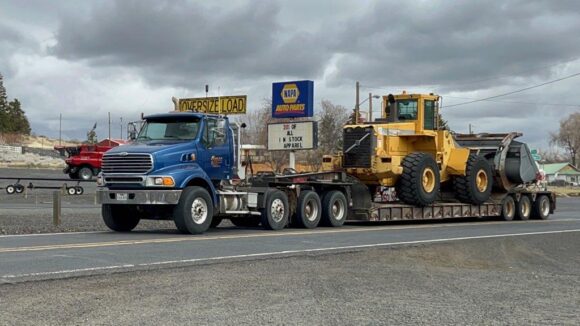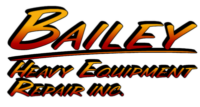Navigating Obsolescence: Prolonging the Life of Discontinued Equipment

In a rapidly evolving technological landscape, it is not uncommon for manufacturers to discontinue support for certain equipment. This can pose a challenge for businesses and individuals who rely on such equipment for their operations. However, with the right strategies and resources, it is possible to prolong the life of discontinued equipment and find alternative solutions.
1. Understanding the Challenge
When faced with discontinued equipment, the first step is to understand the challenges that may arise. In many cases, manufacturers stop providing support in terms of repairs, spare parts, and software updates. This can lead to a decrease in performance, compatibility issues, and even complete failure of the equipment. Therefore, it is essential to be proactive in finding solutions.
2. Research and Evaluate
One approach to dealing with discontinued equipment is to conduct thorough research and evaluate available options. The internet is a valuable resource for finding information on alternative solutions and replacement parts. Online forums, industry-specific communities, and user groups can provide insights from other users who have faced similar challenges. It is important to gather as much information as possible to make an informed decision.
3. Independent Repair Services
When manufacturers discontinue support, they often recommend replacing the equipment with their latest models. However, this may not always be financially viable or necessary. Independent repair services offer an alternative solution by specializing in repairing and servicing discontinued equipment. These services have skilled technicians who can diagnose and fix issues, ensuring the equipment continues to function effectively.
4. Third-Party Spare Parts
Finding replacement parts for discontinued equipment can be a daunting task. While manufacturers may stop producing and selling spare parts, third-party suppliers often fill this gap. Dedicated vendors specialize in providing compatible parts for discontinued equipment, allowing for repairs and maintenance to be carried out even after the manufacturer has stopped support. It is essential to identify reputable suppliers who offer high-quality parts and warranties.
5. Reverse Engineering
Reverse engineering involves analyzing and recreating a product or component without access to the original design specifications. This technique can be applied to discontinued equipment to develop compatible replacement parts. There are companies and professionals who specialize in reverse engineering, enabling businesses and individuals to continue using their equipment by manufacturing custom components.
6. Open-Source Communities
Many discontinued equipment users turn to open-source communities to find software alternatives and workarounds. These communities consist of passionate individuals who develop software solutions that are compatible with a wide range of devices. By engaging with open-source communities, users can access updated software, patches, and even modified firmware to extend the functionality and compatibility of discontinued equipment.
7. Upgrading and Adaptation
In some cases, upgrading or adapting the discontinued equipment may be a viable solution. By adding additional components or integrating external devices, users can enhance the capabilities and longevity of the equipment. This approach may require expert guidance or consultation from professional technicians who specialize in specific industries or equipment.
8. Networking and Collaboration
The power of networks and collaboration should not be underestimated when dealing with discontinued equipment. Engaging with peers, colleagues, and industry professionals can provide valuable insights and alternative solutions. Networking events, workshops, and conferences can help connect with individuals who have faced similar challenges and found creative ways to extend the life of their equipment.
Summary
While dealing with discontinued equipment can be challenging, it is important to remain proactive and resourceful. By understanding the challenges, thoroughly researching available options, and leveraging resources such as independent repair services, third-party spare parts, reverse engineering, open-source communities, and networking, businesses and individuals can successfully navigate obsolescence and prolong the life of their equipment. Ultimately, with the right strategies and alternatives, it is possible to continue using discontinued equipment effectively for years to come.
Need Heavy Equipment Services in Lexington, OR?
Bailey Heavy Equipment Repair, Inc. is a family-owned and -operated heavy-duty equipment repair service based in Lexington, Oregon since 1984. We specialize in providing for all of your equipment repair needs, whether it’s farm equipment, utility equipment, trucks, cylinders, or something else entirely. We offer ANSI Inspections and Dielectric testing, field repair and on-site repair, line boring services, welding, machining, hose assemblies, steel sales, and other machine products. Give us a call today for more information!
